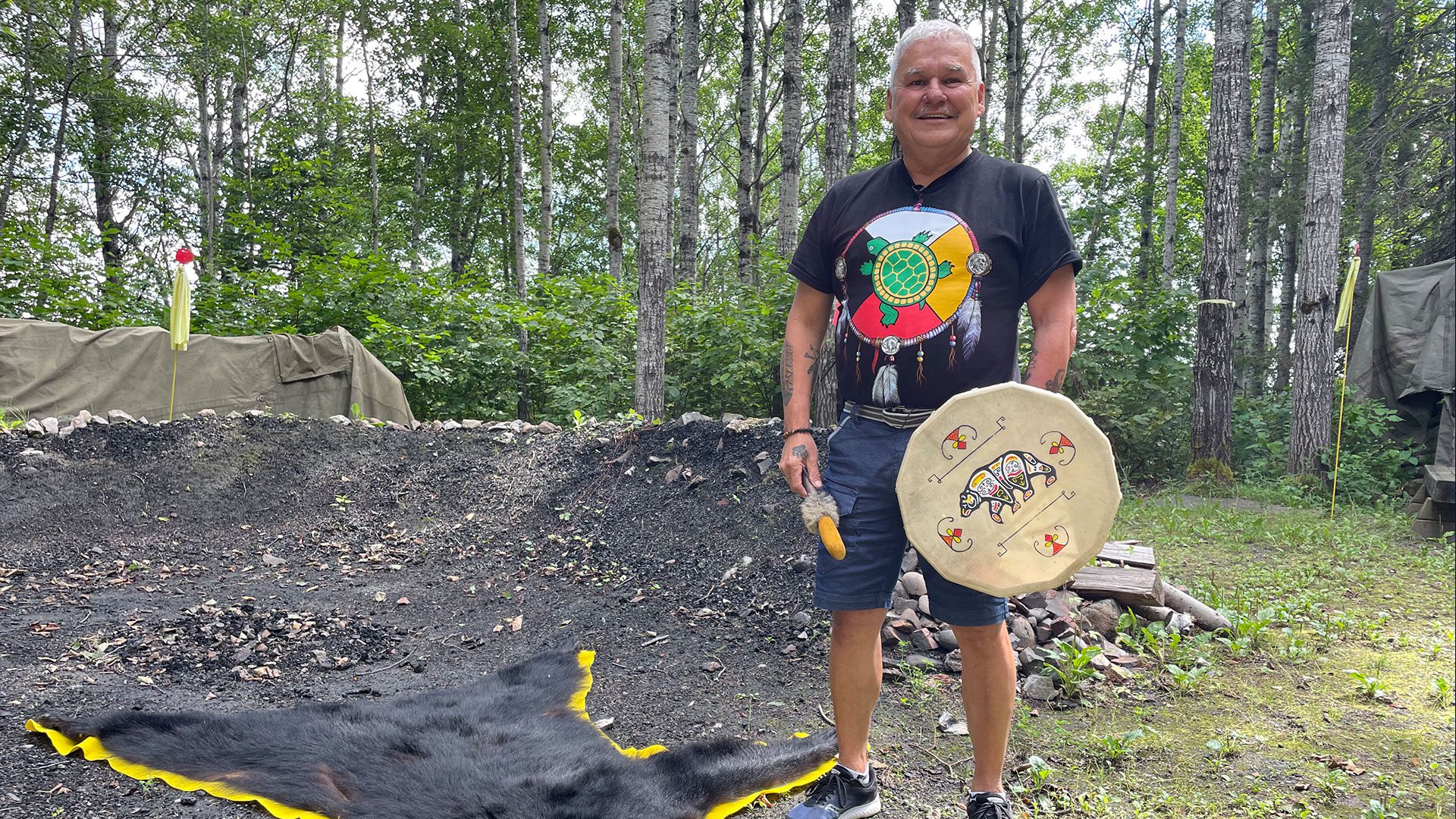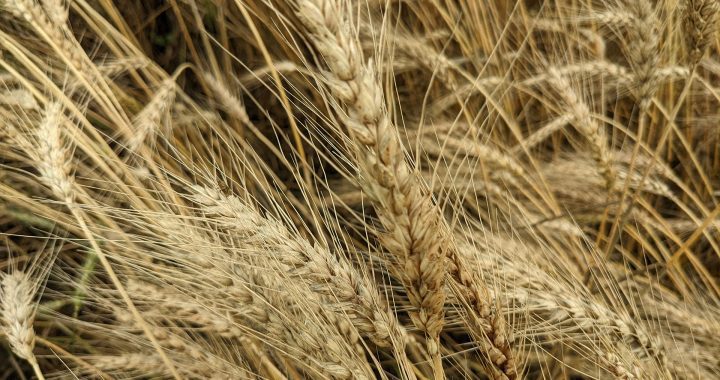The Walgwan Center has been a place of transformation since 1996 for Indigenous youth struggling with addictions. Now, it’s undergoing its own transformation.
The center was formed as part of a federal effort to address the solvent abuse crisis. It’s one of the ten treatment centers across Canada funded under the National Youth Solvent Abuse Program. Located in the scenic seaside Mi’gmaq community of Gesgapegiag in eastern Quebec, it’s nestled among the woods.
A flock of dreamcatchers suspended in the lobby made by previous clients greets you upon entering and past clients’ artwork line the walls.
“There’s a piece of them that remains with us after they have journeyed with us,” said Walgwan’s executive director Pamela Charlong.
The center has classrooms, a healing room, dorms, counselors’ offices, musical instruments and art supplies and traditional medicines. But in late August, it was devoid of any Indigenous teens in treatment.
Normally, the center houses 12 Indigenous clients ages 12-17 for a residential treatment program from across Quebec and Atlantic Canada.
From January until September 2023, however, the facility was closed to give them time to revamp the program and renovate the kitchen. Staff received more training and researched how to improve the program. Sessions with youth were been conducted virtually during that time, as they were during 2020.
Charlong said demand for the center’s services went down since the start of the pandemic even as mental health and substance abuse rates worsened.
“We had to ask ourselves the question, ‘What’s going on?'” said Charlong. “We felt like we weren’t hitting the mark with the former program so hearing from the communities really enriched our vision of empowering youth on their wellness journey.”
This year, staff conducted consultations among Indigenous communities across Quebec and Atlantic Canada.
The consultations found that communities wanted aftercare services – support for youth who had been through the program. They also wanted more individual therapy, more land-based training and more support for families of teens with addictions. They also felt that 14 weeks was too long for a residential program for teens, recommending a 10-week stay instead, and wanted to keep virtual sessions as an option for those who could not travel.
Charlong said they’ve implemented these changes for their first in-person cohort of 2023, which started Sept. 5.
“The program itself is really culturally rooted, based on strengths, to reinforce that hope, meaning, purpose and belonging that the youth might’ve lost along their journey,” said Charlong.
In addition to program changes, Charlong said they are working on developing a mobile unit.
“Community members don’t necessarily trust services that are in the community,” she said. “So, the idea was if Walgwan could develop mobile services and work with the community resources, that might break that barrier of trust that community members have, and it could lend to opening up a new partnership with community.”
They’ll still be doing activities like cycling, hiking, sweats and art projects.
“Many of the youth that are coming in have had a negative experience at school, learning, being in that environment, so our goal is when the youth come to provide them a positive experience, a positive learning experience, a safe space, and really take the youth where they are at,” said Charlong.
Land-based healing

Behind the Walgwan Center building lies the Bear Grounds, the center’s ceremonial and teaching forest land. This is where Mi’gmaq Elder-in-residence Dona Jerome spends most of his time. Normally there is a sweat lodge there, but Jerome took it down – a much-needed fresh start, he said, because dozens clients have experienced emotional release in the lodge.
“They let out what they need to let out, and when they leave this needs to be destroyed, because all the pain they have, I have to give that to my Mother Earth to take all the pain,” said Jerome.
Jerome started off at the center as a firekeeper before taking over for the previous Elder at Walgwan, performing ceremonies, guiding sweats, and teaching medicine.
” I didn’t really expect to be Elder and I’m really honoured,” said Jerome.
“I carry what he taught me, I carry on his own teachings and that’s what I teach clients, how to be a firekeeper, how to be calm, how to be humble in here, because this is a sacred place.”
He’ll be working with the next cohort to build the new sweat lodge. Jerome said he’s looking forward to teaching in-person again.
“They come from different nations and they bring their own stories too. Sometimes they teach me their own language and I talk in my own language, and it’s really strong when we speak different languages, it’s really powerful, good medicine,” said Jerome.
He was working there when Mona Kaltush, now a cultural mentor at the centre, was there as a client when she was 16. She travelled all the way from the Innu community of Nutashkwan, 1,000 km away, for treatment.
“When I entered Walgwan, I felt respected, I felt loved and recognized. I had a lot of positive feelings I had never experienced or rarely experienced in my life, so it really impacted me,” said Kaltush in French.
Kaltush said she realized she wanted to be a cultural monitor during her treatment at Walgwan.
“I liked watching the employees on the floor interacting with us, and I knew right away that that was what I wanted to do,” said Kaltush.
Kaltush said she is looking forward to more land-based activities in the new program.
“I remember we were told that the more you practice your culture, the more you’ll heal, and it’s true. I’ve spent a lot of time in the woods since then, it allows me to reconnect to myself, to anchor myself, to forget about the chaos out there,” said Kaltush.
One of Kaltush’s strengths, she said, is she knows how struggling Indigenous teens feel.
“It’s very hard because you’re walking alone and you feel alone, it’s dark, and I know what young people can feel when they enter Walgwan when you don’t have family support,” she said.
“I like to share my life experience, my knowledge, how to bounce back after a challenge, and that there’s hope in life, even if it’s hard sometimes, you should never give up. That’s the message I want to transmit to young people is that there’s hope, even when it seems impossible, that’s not true, it’s possible,” said Kaltush.









